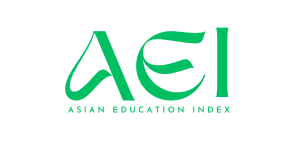VALUE-ADDED TAX IN UZBEKISTAN: CURRENT PRACTICES, INTERNATIONAL EXPERIENCE, AND POLICY RECOMMENDATIONS FOR IMPROVEMENT
Keywords:
Value-added tax, Uzbekistan tax system, VAT refund, tax exemptions, digitalization, international practice, fiscal transparency, tax burden, export, tax fairnessAbstract
This article examines the role and practical application of the value-added tax (VAT) in Uzbekistan, highlighting key challenges and comparing local practices with international experience. Drawing from the VAT systems of Germany, France, Turkey, and Kazakhstan, the study offers analytical insights and policy recommendations aimed at enhancing efficiency, transparency, and fairness in Uzbekistan’s VAT administration. Emphasis is placed on the reduction of bureaucratic barriers in refund procedures, the rationalization of tax exemptions, and the advancement of digital infrastructure. The article concludes with proposals to modernize VAT administration through increased automation, simplification, and digitalization, based on successful international models.
Downloads
Published
Issue
Section
License

This work is licensed under a Creative Commons Attribution-NoDerivatives 4.0 International License.








